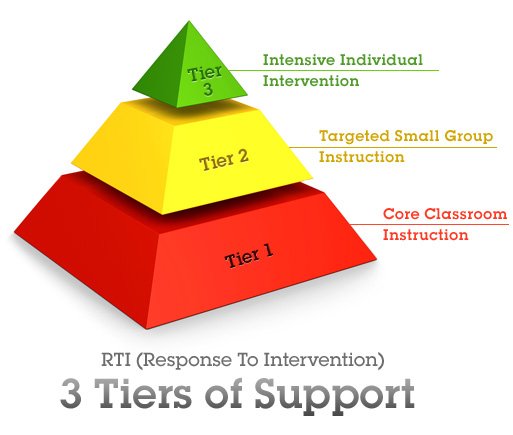I Think My Child Needs Speech Therapy – The 5 Most Important Steps You’ll Need To Take
I think my child needs speech therapy – what do I do?
It’s the start of another school year and maybe you’ve got that nagging feeling in your gut: I think my child needs speech therapy. Just because no one else has approached you about this doesn’t mean that you are alone in your thoughts or that you should ignore this parental instinct. If you think your child needs speech therapy there are many steps you can take to work with your child’s pediatrician and school officials.
1. Assess Milestones
You’re listening to your gut instinct. Maybe your child is struggling with homework, complaining about not being able to understand the teacher, having difficulty reading, or exhibiting another sign that there might be a communication disorder. The first step you should take is to assess typical milestones for your child’s age to make sure he or she is making progress in those areas specifically related to communication. For each age group there are different milestones for which parents can look:
Image Courtesy of myilluminateblog.com2. Meet with My Child’s Pediatrician
It is important that you discuss your concerns with your child’s healthcare provider to evaluate whether or not an underlying health condition is contributing to what is presenting as a communication problem. There are many conditions that can affect communication, including:
- Hypotonia – poor muscle tone of the mouth and tongue
- Structural abnormalities – problems of the mouth, throat, ears, and nose
- Diseases, disorders, and disabilities –ranging from cerebral palsy to autism and a wide range of conditions in between
3. Learn About RTI
What is RTI? It might just be the first step you can take with your child and your child’s school. RTI stands for Response To Intervention – and it refers to a new approach being used in schools to track and assess children who are struggling, but for whom a clear cause or diagnosis has not yet been made. The RTI model can be used by your child’s school to learn more about the challenges your child faces in the classroom and which techniques for better learning are – or aren’t – effective. Ask your child’s school officials if they have an RTI in place and if your child might be assessed regarding your concerns.
4. Learn About the IEP
Several decades ago the Individuals with Disabilities Education Act (IDEA) put in place the foundations for the IEP – or Individualized Education Program. This is a targeted plan that is created and implemented in the school to help your child make the most of his or her education while challenged with a physical, learning, or behavior disorder or disability. Establishing an IEP is not an immediate process, and it can have bumps along the way, but the general procedure includes:
- Getting a referral for an IEP evaluation – from your child’s pediatrician, teacher, or even perhaps by requesting one yourself
- Having your child evaluated – including evaluations by a team of professionals (SLPs, social workers, psychologists, physical and occupational therapists, special educators, etc.)
- Meeting to discuss the evaluation – including an overview of the CER (Certified Evaluation report), which you can request before the meeting
- Developing the IEP – children who qualify for an IEP will have a plan put in place to provide services and support to help them deal with their specific challenges in school
5. Become An Advocate If Your Child Needs Speech Therapy
You’re already on the right road. You’re listening to your gut instincts and digging deeper for more information. If you are concerned that your child might need speech therapy, keep working with your child’s healthcare provider and school officials to get the best plan in place for your child. Perhaps most importantly of all, keep making sure your child knows that you are going to support his or her journey in school, no matter which road it takes.



